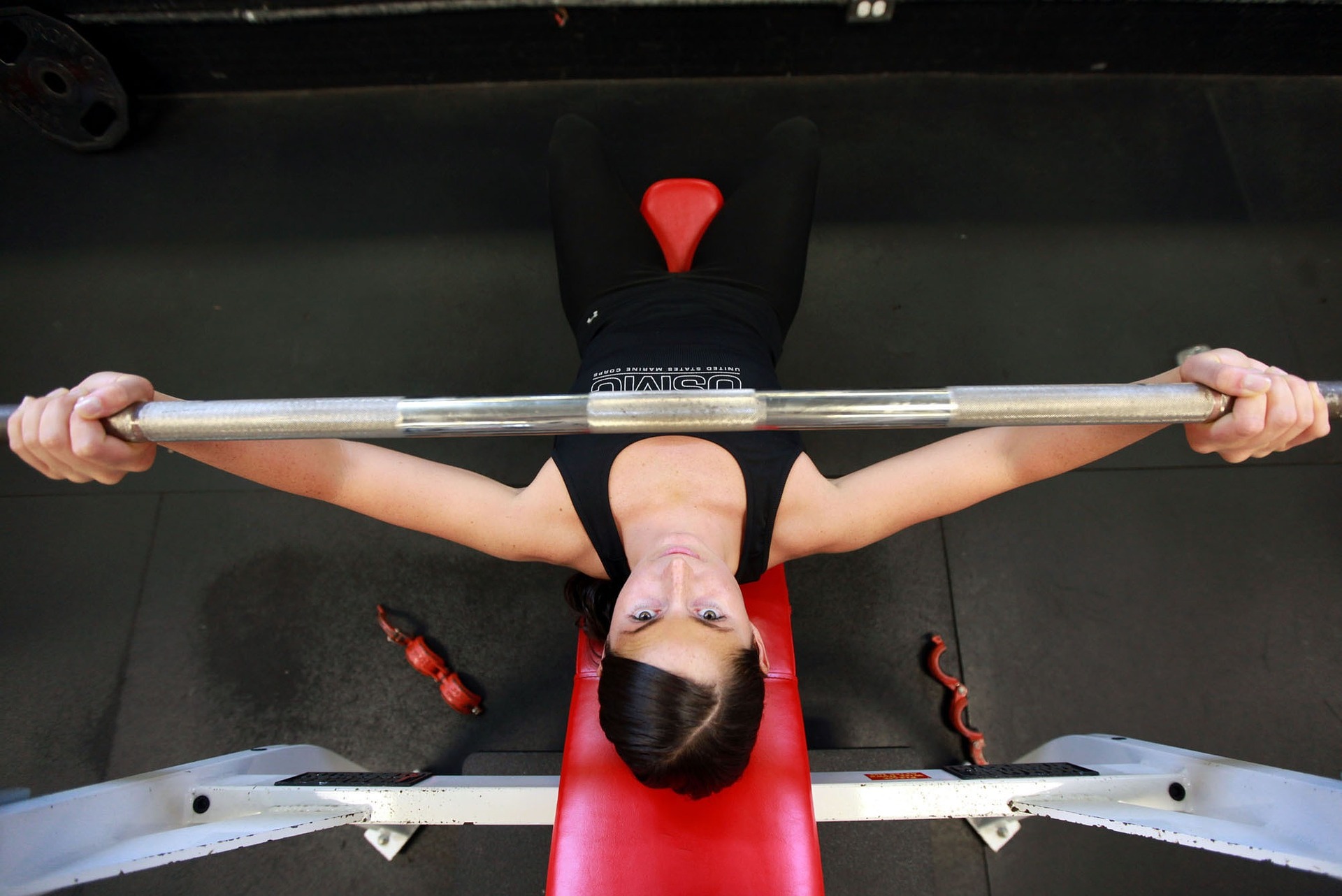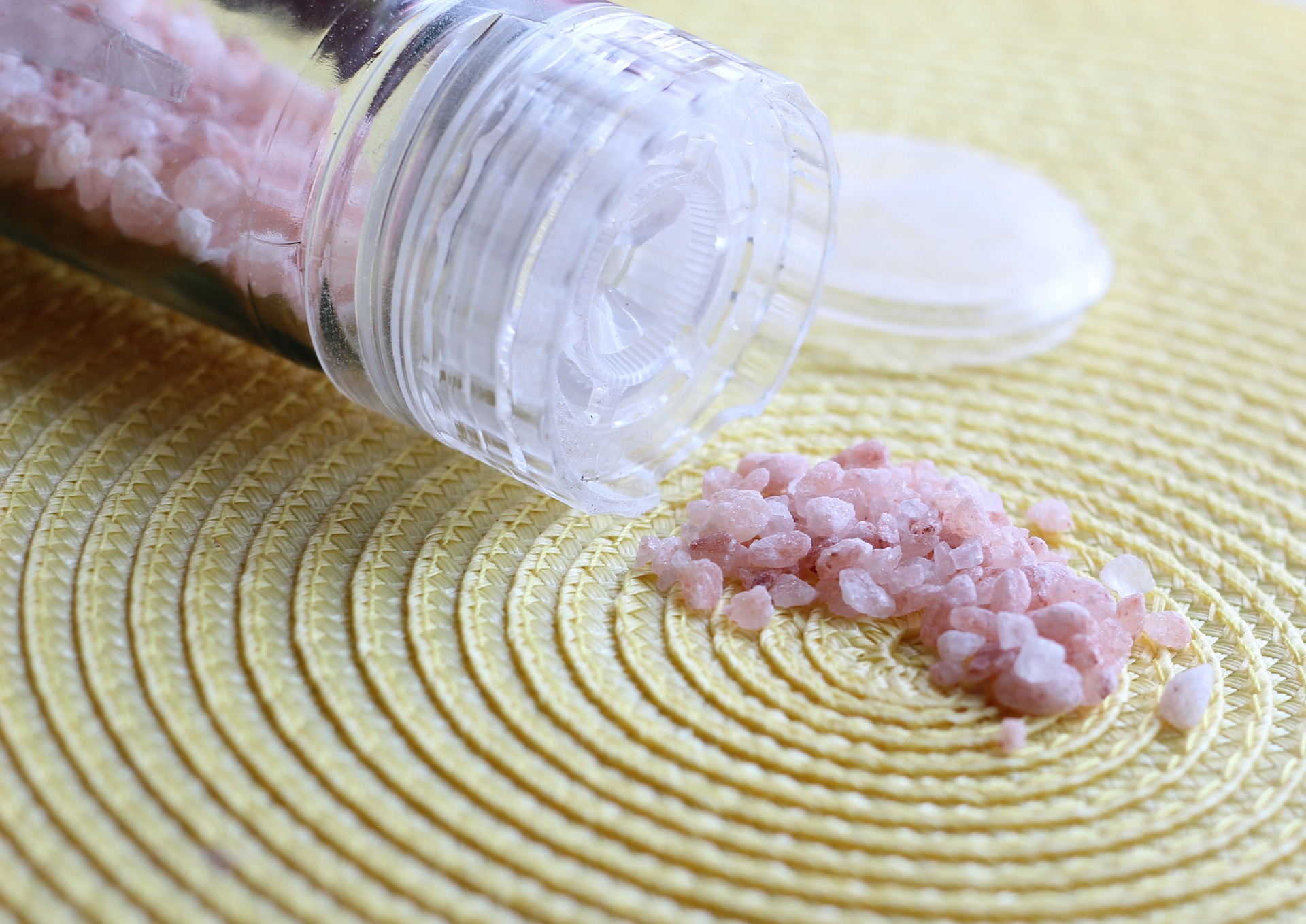If you’re reading this, you’re already a step ahead of the competition. Because as an athlete, it doesn’t matter how hard you train if you can’t recover quickly. Someone who can hit the gym just as hard day-in and day-out will improve exponentially compared to someone who drags themselves suffering through training.
While exercise is an important stimulus, it actually breaks down your tissues. The more you continue to break down, the worse you get. It’s only through high-quality recovery that your body can repair, build, and improve. Those of you on a plant-based diet, therefore, need the best vegan post-workout supplement to augment your gains.
Fortunately, you’ve come to the right place. In this article, we’ll go over the qualities to look for in a post-workout supplement, which ingredients work best, and provide our top choice for the best vegan post-workout supplement. Read on to learn how to recover faster and beat your opponent each day, even if that opponent is yourself.
Qualities of a great vegan post-workout
Any vegan dietary intervention exclusively eliminates animal products. Therefore, the primary concerns are in supplements are sustainable manufacturing and absence of anything derived from animals. Following that, there are a couple qualities every supplement should have:
Safety
Everything you put into your body should be safe. With food and medicine, regulatory programs such as the Food and Drug Administration control quality. These oversight organizations don’t exist for supplements, however. Instead, third-party labs test and retest anything that enters the market without bias for safety.
Efficacy
Some supplements work better than others. One of the big concerns with supplements is bioavailability, or how much your body absorbs the ingredients. For example, creatine monohydrate has been shown to be the best way to absorb exogenous creatine safely and consistently. Some ingredients, such as calcium, work better when combined with others (citrus, in this case).
Purity
Lots of companies stuff filler or unnecessary ingredients in their products. But often, less is more. The purity of supplements matters, as spare, inactive, ingredients increase the likelihood of animal byproducts, health risks, and wasting money.
Performance
Finally, consider why you’re taking a supplement after your workout. Rehydration, protein synthesis, and recovery dominate the reasoning behind post-workout supplementation. If your product doesn’t accomplish this, then it’s no more useful than eating a real meal, so save your money.
What ingredients should I look for?
In the guidelines above, we mentioned that some ingredients may work better than others. Let’s dive in to the what, why, and the how of the ingredients in a great post-workout supplement.
Creatine monohydrate
Creatine monohydrate has been shown to be one of the safest and most effective forms of creatine supplementation. This compound helps form phosphocreatine in the body, a critical chemical in energy production. By donating a phosphate to ADP, phosphocreatine creates ATP (the basic source of energy in the body) during intense, short-duration exercise.
Phosphocreatine gets depleted pretty quickly, around 30-80% based on duration. When trying to repeatedly lift heavy, sprint quickly, or explode powerfully, creatine disappears in entirety until an extended rest period allows for replenishment. This is where creatine supplementation comes in. While most think of creatine as a pre-workout, some studies suggest it works better post-workout, as it requires loading over time to reach a critical amount anyway.
Adding creatine has been shown to increase strength and improve maximum reps in the gym through renewing ATP. Outside of that, it improves transcription of muscle cells and increase signaling of the hormone IGF-1, adding lean muscle mass.
The main dietary sources of creatine are animals and their products. Therefore, creatine supplementation is especially crucial for vegans. Therefore, it can actually have a greater benefit for those on a plant-based diet. In one study out of the International Journal of Sports Nutrition and Exercise Metabolism, vegetarians gained significantly more lean mass than meat eaters with creatine supplementation. Another showed that creatine significantly improved memory, processing speed, and fluid intelligence in vegetarian females specifically.
Electrolytes
Adequate hydration mediates most metabolic reactions, making water and electrolyte balance an invaluable asset to post-workout nutrition. You lose fluid through sweat and breathing by just existing, but exercise compounds that exponentially.
Electrolytes such as potassium, phosphate, magnesium, sodium, bicarbonate, and chloride help control the saturation of water within the cells and muscle tissue. Sodium in particular regulates the retention of water, by signaling aldosterone, a hormone involved in regulating fluid balance.
Fluid loss not only stimulates thirst, but it reduces athletic performance, endurance, and cognitive function. Getting electrolytes in immediately post-workout replenishes the fluid lost through sweat and heavy breathing, restoring you to homeostasis.
Antioxidants
As our energy needs increase during exercise, so does our metabolism. The breakdown of nutrients results in byproducts known as free radicals. To a point, your body can control these and effectively neutralize them. After intense exercise, however, these compounds accumulate in excess, causing oxidative stress and dangerous inflammation.
Antioxidants, aptly named, combat against these oxidative species. Foods such as tart cherries, green tea, pomegranate, and berries are high in antioxidants. Research shows that eating antioxidants regularly can help control chronic inflammation associated with disease..
Glucose
Wait, isn’t glucose just sugar? Isn’t sugar bad for you?
At any other time, sugar can be detrimental. But around your workouts, it can actually improve your health.
Now, of course, this is assuming you train hard. You can’t just lift one weight while downing a bag of Skittles and call it a day. You’ve got to work first. Then, consuming drinks with glucose, such as coconut water or sports drinks, can both hydrate you and raise your blood sugar. Increasing your blood sugar levels quickly during and immediately after a hard workout transports nutrients directly into your muscles for recovery.
Glycogen, a more complex form of glucose, is stored within your muscles for conversion to energy. When you work hard at the gym, these glycogen stores get depleted as it gets broken down into glucose, and then converted into ATP. If you think wayyy back to middle school biology, you might remember that’s primarily how our bodies produce energy to function. Timing consumption of simple sugars around workouts returns those nutrients to muscle cells, promoting faster recovery and improved performance during your next session.
What’s the best vegan post-workout supplement?
The best vegan post-workout supplement is one is affordable, lab-tested for purity, and proven to promote recovery. That’s why we chose Performance Lab Post as our number one.
You might be surprised to hear that our top post-workout supplement isn’t a protein shake. While protein supplementation can improve recovery, the necessity to consume protein within 30-minutes of a workout has largely been dispelled. Even more, creatine contains amino acids, which are the building blocks of protein, and it adds lean muscle mass while restoring energy.
As it’s difficult for vegans to get creatine naturally, we prioritized this compound more. After creatine phosphate, glucose is the main form of energy that’s depleted. You need a post-workout supplement that features both in general, of course. But studies have shown that retention of creatine monohydrate increases up to 60% when taken with carbs. Enter Performance Lab Post.
The ingredients
-1000mg of creatine monohydrate
-500mg of pomegranate extract
-1250 mg of coconut water crystals
-350 mg of Himalayan pink salt
Creatine combined with the carbs in coconut water crystals replenishes nutrients lost from both aerobic and anaerobic metabolism. Coconut water and Himalayan pink salt act as a natural sports drink, rehydrating your cells for optimal recovery. And pomegranate extract adds antioxidants, amino acids, and nitric oxide to rush nutrients to protect and restore your tired cells
Conclusion
Look for Performance Lab Post at their website. At only $30 for one bottle, it’s a steal by itself.
Add in the fact that this company provides a 5% discount for buying two and 10% for getting three, you’re guaranteed to get a great deal.
Unless you plan to stop working out in the next month, I recommend purchasing a few. After some time, you’ll start to notice a significant difference in your repeated training bouts. If you can feel better and train harder with a great vegan post-workout supplement, what do you have to lose?
Add The Sports Daily to your Google News Feed!









